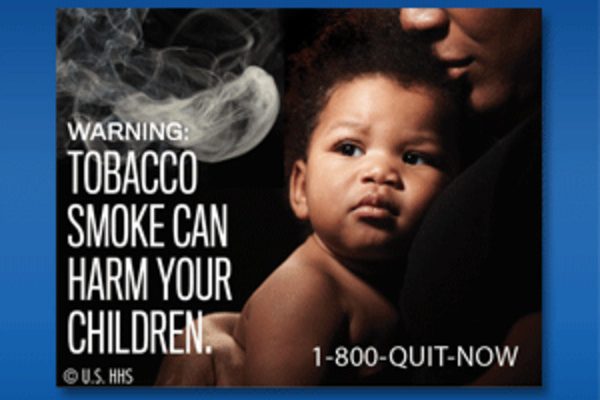I do not argue with my patients. Rather, I teach, outline options and explain my point of view, as each person must choose their path. However, the other day, Audrey and I got in a tiff when she was in the office to discuss her breast cancer. We had an enthusiastic discussion not of chemotherapy, x-rays or surgical options. Nope, we disagreed about what is wrong with healthcare.
It seems to me that the primary cause of dysfunctional medicine in this country is in my face every morning. Big Pharma? No. The United States Government? Nope. Insurers? Not really. How about capitalism verses humanism? A distant second. No, the major cause, the big problem, the central failure in healthcare is … doctors.
Nothing in medicine happens without a doctor’s order. Nothing. Directly or indirectly, every pill administered, test ordered, patient admitted, hospital built or insurance payment processed, was ordered by a physician. We have the ultimate power and can control or change medicine, if we wish. Therefore, everything good in medicine we created. However, everything bad is also our fault.
If the pharmaceutical companies make too much money on copycat drugs, selling them at too high a price and pushing them on patients without adequate research or safety trials, physicians write the prescriptions. If insurance companies put restrictions on over ordering of tests, so that the whole system bogs down in pre-certifications and denials, it is because doctors do not emphasize quality over quantity.
If hospitalizations are too long, it is the physician’s failure to discharge. If antibiotic resistance and iatrogenic infections are sky rocking, it is physician’s failure to be conservative in antibiotic use. If there is too much emphasis on crisis medicine and fighting disease, and too little lifestyle prevention, this is the medicine doctors practice.
We have always controlled it all, but by failing to use that control to keep cost down, limit unneeded testing, police our own and by jumping on every shinny new technology, no matter the cost or the unknown side effect, we have failed to live up to the Hippocratic goal of the finest care. Moreover, the occasional rotten physician, who builds their practice on big bucks, taints the barrel.
Audrey says I am wrong. She thinks that blaming doctors is a copout. Audrey believes that there is only one person responsible for healthcare and the problems are all their fault. That person is the patient. She believes that healthcare and healthy living are every person’s responsibility. Patient’s demand excessive, expensive and ineffective care. Patients fail to practice basic preventive medicine, such as exercise, good diet, rest and not smoking. Patients, instead of working with their doctors, threaten them with malpractice humiliation, producing an adversarial relationship instead of a team. It is patients that fail to understand their bodies and do not take the time to comprehend their medical problems, so that instead of leading in their own care, are lead blindly down the wrong path
Audrey believes that if patients did not always look for the newest, brightest and most exciting “cutting edge” therapy, that if they emphasized good basic care, that patients would avoid bizarre complications, confusing outcomes and out of control medical bills. If patients understood science and disease better, they would be more effective consumers and avoid quackery and confusion.
Finally, Audrey contends that patients must not see precious healthcare resources as a commodity over which to fight, but should work together to assure that every person has access to the medical treatment they need. Audrey said that if patients did not deny that bad things happen and that miracles are rare, and instead focus on achievable outcomes and on quality of life, that healthcare would be appropriate, available and affordable.
Of course, in the end, we are both wrong…and we are both right. The future will only be one of quality, compassion, low cost and healthy living, if patients and doctors work together. Whatever their good intentions, we cannot depend on any other player in the healthcare space to have a full understanding of the issues that each person experiences in achieving and keeping health. The penultimate expression of the physician – patient relationship must be this; working together to build healthy lives for everyone.






28 Comments